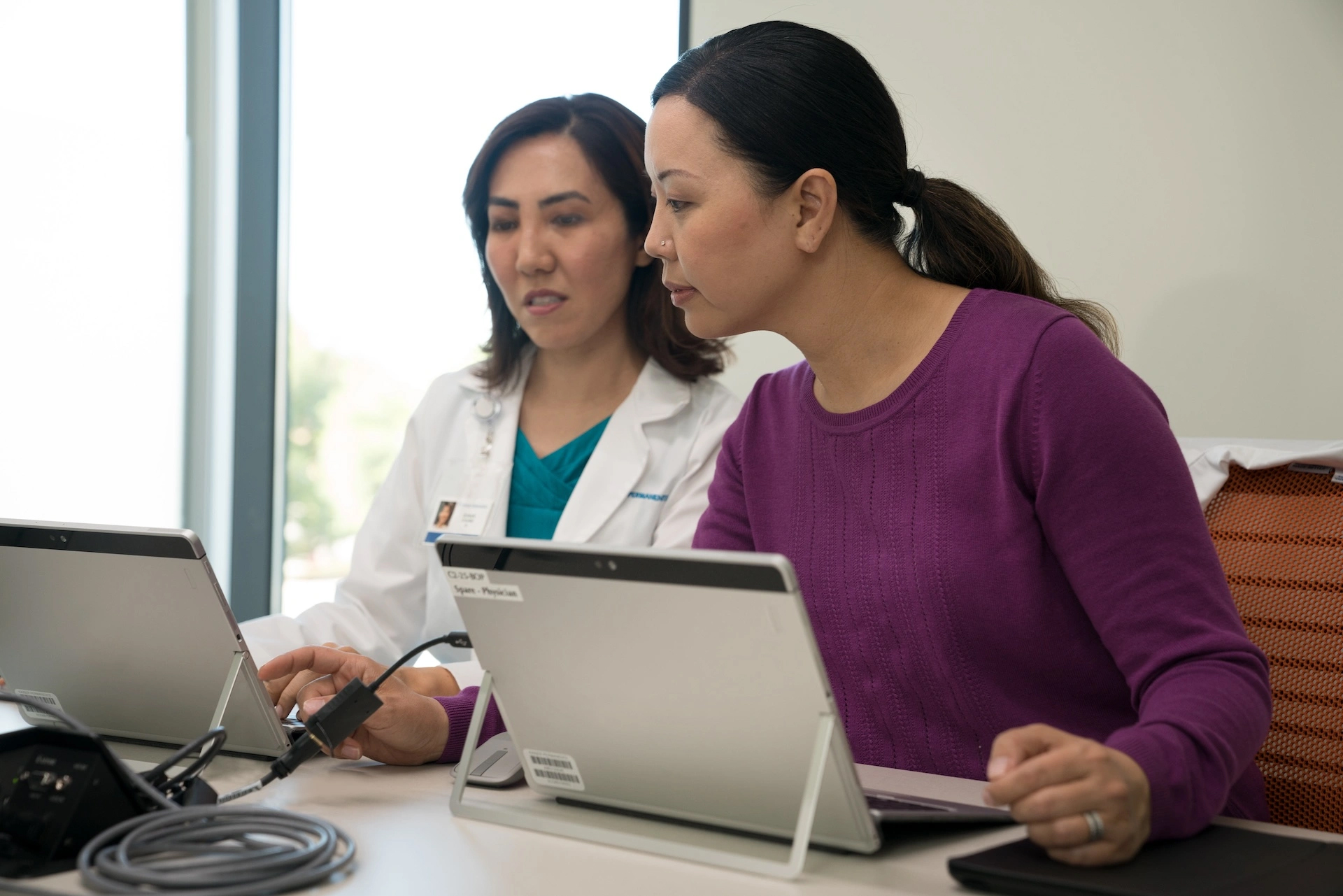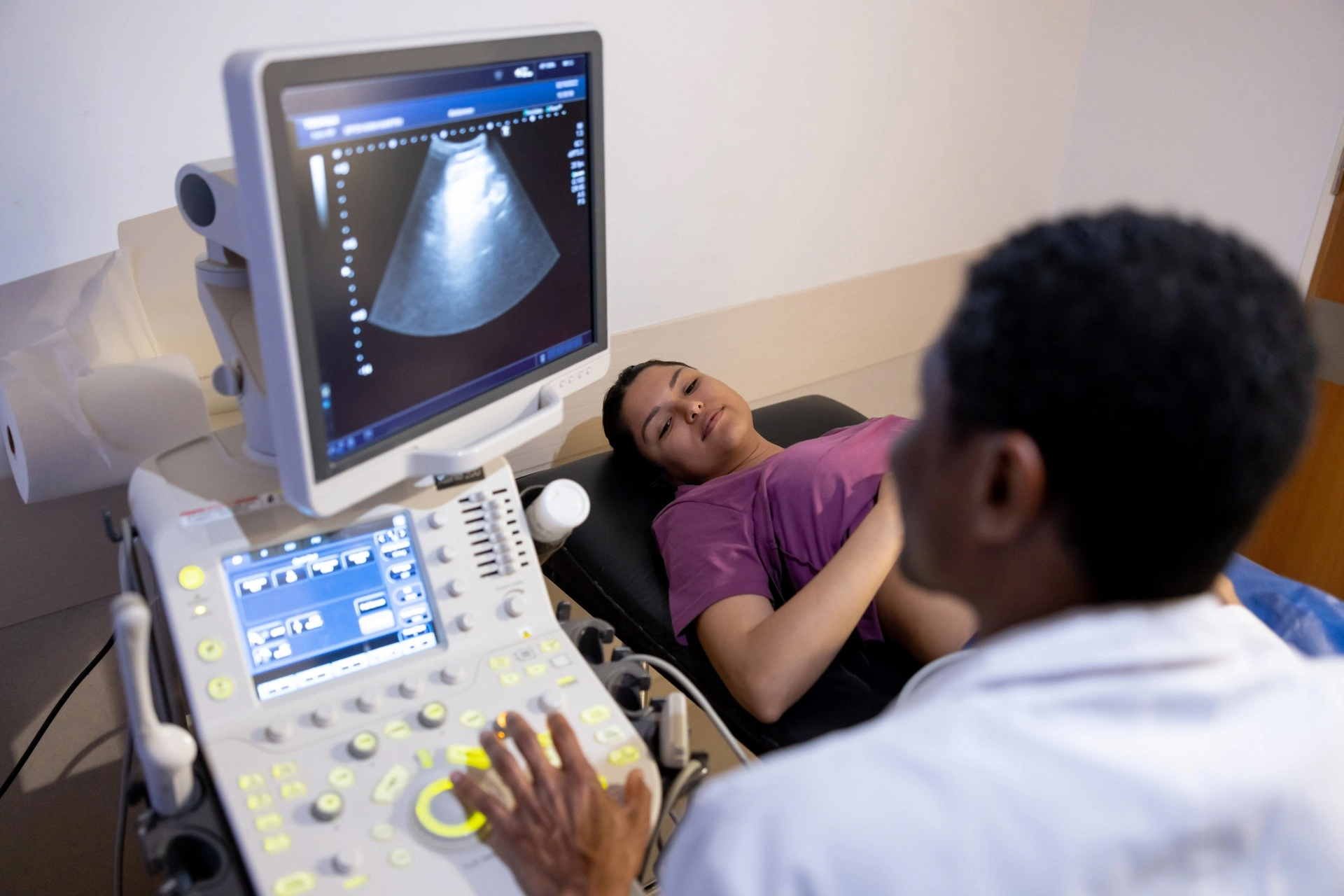Research in the News
DOR researchers are recognized internationally for their scientific expertise and have contributed more than 3,000 scientific papers about how to use health informatics, manage chronic illness, and motivate self-care and disease prevention.
Younger adults benefit from updated colorectal cancer screening guidelines
KP Northern California study found that new national recommendations to lower screening age from 50 to 45 can benefit patients and help identify cancer sooner.
Delivery science bloomed under Division of Research Director Tracy Lieu, MD
Dr. Lieu steps down as DOR director after 12 transformative years to return to health services research.
Antiviral medications that treat Hepatitis C improve long-term outcomes
KP Northern California study identifies cured patients who may not need semi-annual surveillance for liver cancer.
Long-term ultrasound testing may not be needed for older women with stable ovarian cysts
Low risk of ovarian cancer seen in KP Northern California study offers reassurance to patients and physicians.
ED physicians moving away from lumbar puncture for headache evaluation
A new Kaiser Permanente study illuminates a shift to use of CT cerebral angiography in emergency departments to evaluate and diagnose sudden, severe headaches.
Patients With sarcopenia at higher risk of surgical complications
CT scans that are part of surgical planning can also be used to assess frailty and identify high-risk patients, according to a KP Northern California study.
Algorithm can label messages to physicians to streamline review process
Desktop Medicine team gets AI assist in handling millions of patient messages, resolving a third before they get to doctors’ inboxes.
Modest drinking tied to increased heart disease risk, especially in women
KP Northern California study finds women who reported drinking 8 or more alcoholic beverages a week were more likely to develop coronary artery disease.
Detecting congenital heart disease with fewer fetal echocardiograms
KP Northern California study highlights success of a clinical pathway that refers only patients whose ultrasound shows a fetal cardiac abnormality for a fetal echocardiogram.










